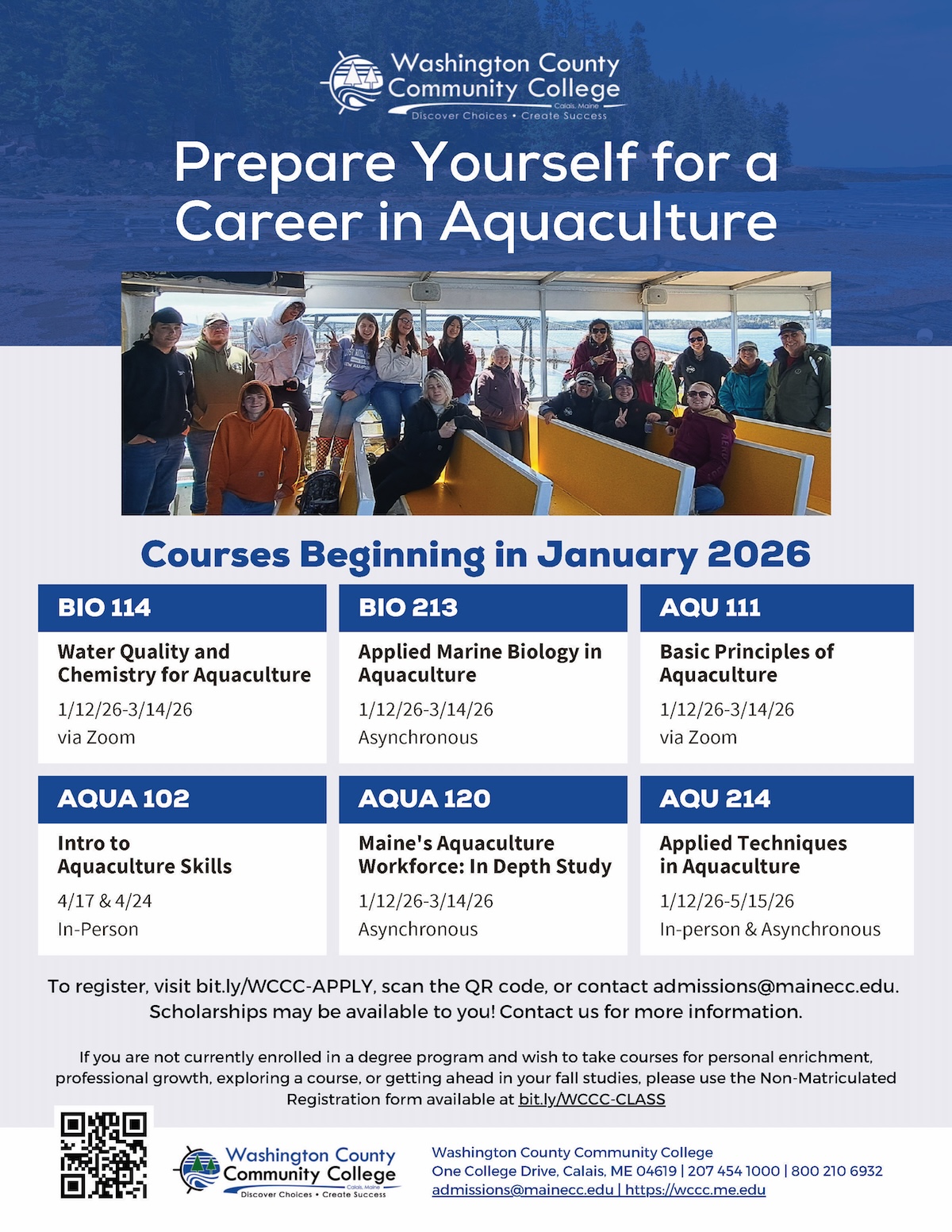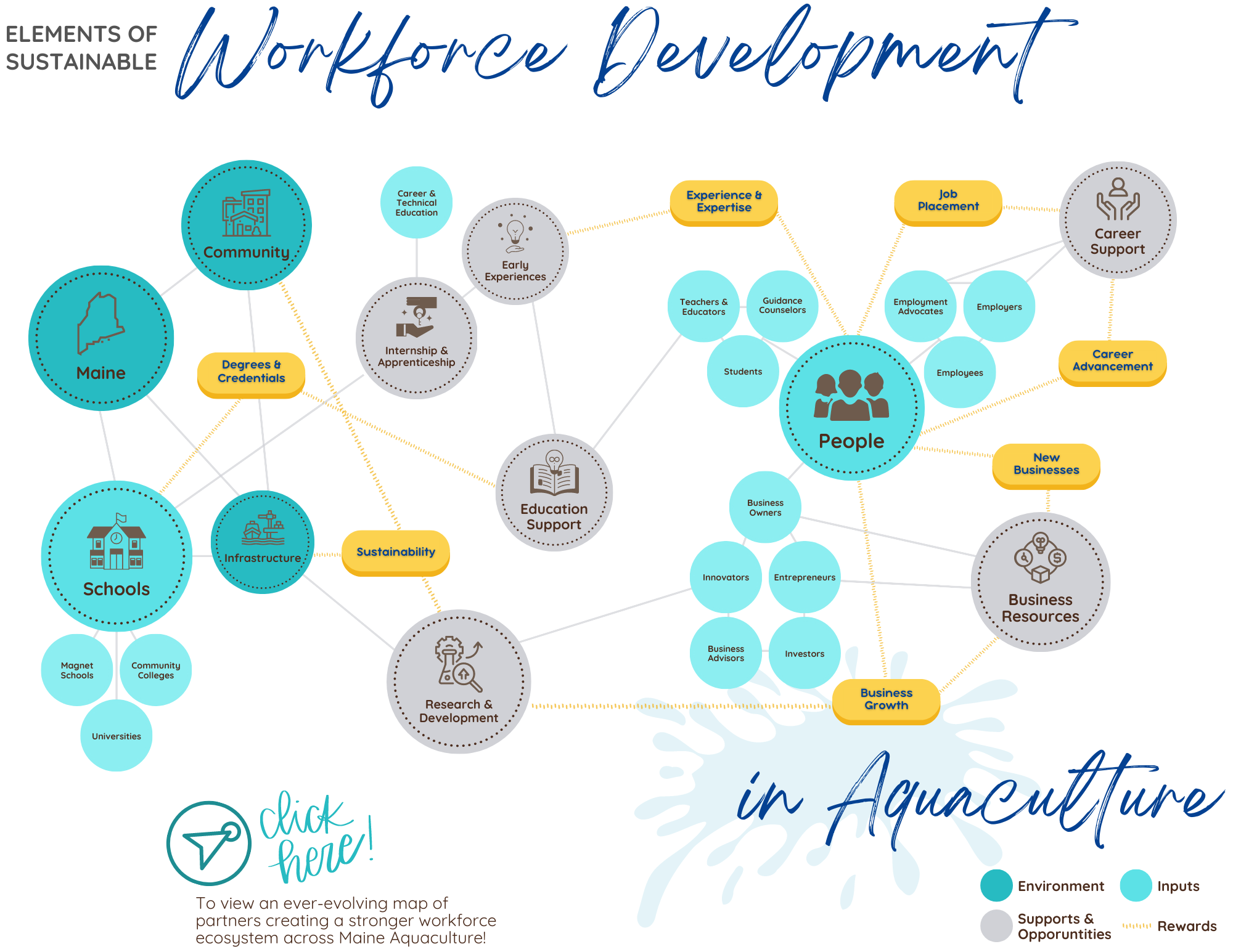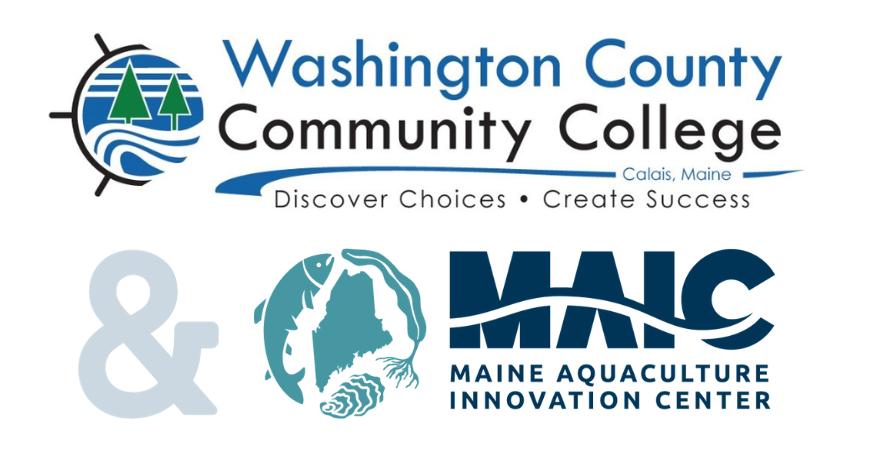Discover Careers in Aquaculture
Spring 2026 Workforce Courses – REGISTRATION OPEN!
Become an aquaculture pre-apprentice!
Paid positions available for Summer 2026!
Apply for a Summer 2026 Pre-Apprenticeship
Summer Work Placements in Aquaculture
Washington County Community College (WCCC) and the Maine Aquaculture Innovation Center (MAIC) are partnering to provide an 8-week pre-apprenticeship program for current or recently graduated high school students in Washington County.
This is a program for high school students (graduated 2022 – 2026, or entering grades 10, 11 or 12), which aims to:
A: provide hands-on work experience in aquaculture,
B: teach critical skills to prepare students for a career in aquaculture, and
C: introduce critical knowledge to prepare students for a career in aquaculture.
The program focuses on Washington County aquaculture operations, but may be open to Hancock County businesses and beyond.
LEARN WHILE YOU EARN:
Students will be paid $17 per hour. The number of hours per week will be set by your employer. Work placements will be 8 weeks.
WHAT WILL WCCC & MAIC DO?
MAIC will match students to host companies. WCCC will register you for the pre-apprenticeship program with the State of Maine. Please feel free to reach out to any of the people listed below if you have any questions:
Ready to apply for a Summer 2026 Apprenticeship?
Please contact Lori Joy, Coordinator of Apprenticeship Programs, WCCC
ljoy@mainecc.edu | 207-214-5064
Apply Now for a Summer 2026 Pre-Apprenticeship!
_____________________________________________________
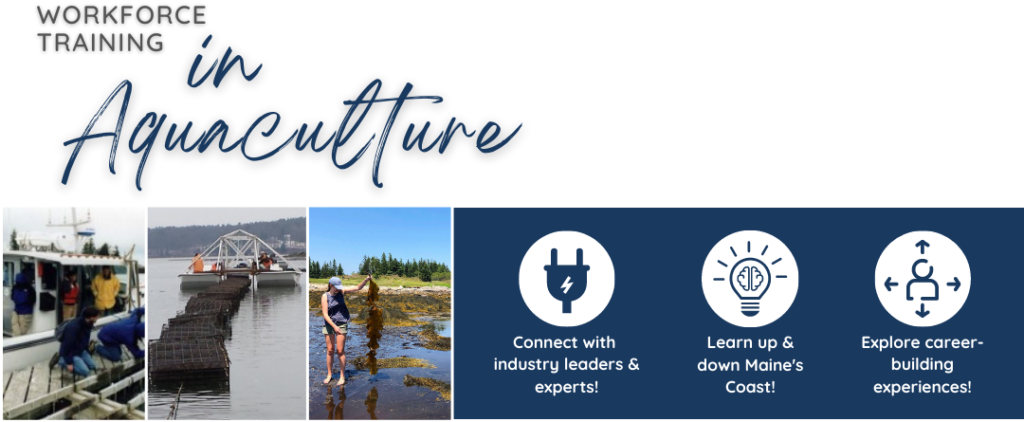
Washington County Community College (WCCC) and Maine Aquaculture Innovation Center (MAIC) have joined forces with partners, to bring you programming designed and led by Industry! Questions? Please contact WCCC Workforce & Professional Development Department wcccworkforce@mainecc.edu or 207-454-1040.
This program has been developed with funding from a USDA Agricultural Food & Research grant in partnership with the Maine Aquaculture Innovation Center and is grounded in numerous organizational and industry partnerships which will be key to delivering the industry designed programming. Students will have the opportunity to start careers in the aquaculture sector statewide, as well as transfer into four-year programs.

Maine’s Aquaculture Industry is very diverse. Maine’s extensive, sparsely developed, 3,500-mile coastline and proximity to the nutrient rich waters of the Gulf of Maine have favored an economy based on marine resources, and strong economic and cultural traditions, connecting working waterfronts to the sea. It incorporates freshwater and marine farming, of fish, shellfish, and aquatic plants. Marine farming in Maine dates from the late 1960s when the state adopted statutes and regulations for leasing of state-owned areas in coastal waters below the mean low tide mark. Maine has supplied North American markets with seafood for 200 years and has earned a reputation for high quality and sustainably produced or harvested seafood.
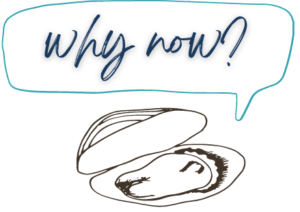 According to the Maine Aquaculture Association, in 2018 there were 190 individual aquatic farms in Maine operated by lease holders, and 200 additional leaseholders who had yet to develop their businesses. Maine’s aquaculture sector has a direct economic impact of $73.4 million in output, and $35.7 in labor income. Since 2007, the total economic impact of aquaculture has almost tripled from $50 million to $137 million. In 2016, the industry employed 571 with many jobs related to aquaculture production as full-time, all-year positions. Less than 30% of employment were seasonal (Cole et al. 2017).
According to the Maine Aquaculture Association, in 2018 there were 190 individual aquatic farms in Maine operated by lease holders, and 200 additional leaseholders who had yet to develop their businesses. Maine’s aquaculture sector has a direct economic impact of $73.4 million in output, and $35.7 in labor income. Since 2007, the total economic impact of aquaculture has almost tripled from $50 million to $137 million. In 2016, the industry employed 571 with many jobs related to aquaculture production as full-time, all-year positions. Less than 30% of employment were seasonal (Cole et al. 2017).
In the twentieth century, wild harvests of fish and shellfish have declined because of overharvesting, disruption of marine ecosystems, and most recently from the impacts of climate change (warming waters, ocean acidification and the threat of invasive species). By providing coastal communities the means to farm the sea, we can simultaneously support the sustainable expansion of marine aquaculture, reduce the U.S. seafood trade deficit, improve U.S. food security, increase the resilience of coastal communities, and maintain coastal cultural and economic traditions associated with the working waterfront.
You are supported now, and into the future!
Maine aquaculture enthusiasts, students, teachers, business owners, communities and innovators are well-supported through programs, partnerships and opportunities. Click on the workforce ecosystem map below to view an ever-growing, ever-connecting chain of available supports and resources! Check back frequently, as we are continually adding and updating learning opportunities and resources!
Washington County Community College does not discriminate on the basis of color, religion, national origin, sex, sexual orientation, disability, age or marital, parental, or veteran’s status in its programs and activities.
QUESTIONS?
Please contact WCCC Workforce & Professional Development Department
wcccworkforce@mainecc.edu or 207-454-1040
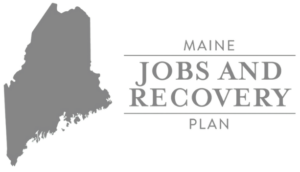
These programs are funded by USDA’s AFRI Education and Workforce Development Program and Maine Jobs & Recovery Plan, in partnership with WCCC, and Maine Aquaculture Innovation Center.




